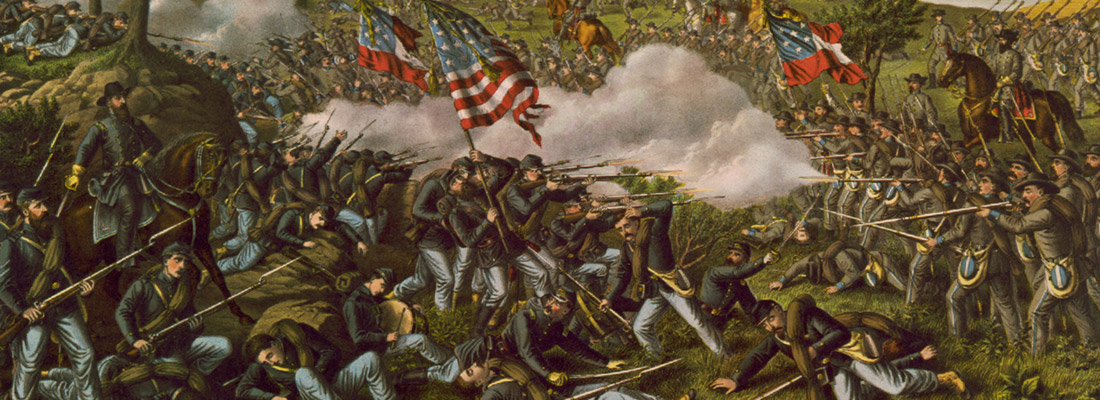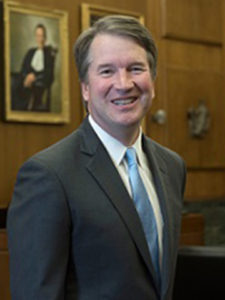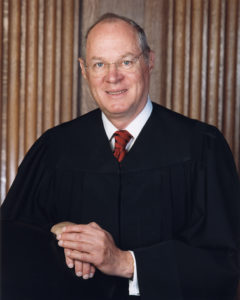
Senator John McCain (R-AZ), a former prisoner of war, presidential candidate, and long-serving member of the U.S. Senate, has died at the age of 81. McCain announced in July of 2017 that he was suffering from a glioblastoma, a particularly deadly type of brain cancer, and has been in declining health.
McCain was the son of a U.S. Navy admiral, born in the Panama Canal Zone when it was a U.S. territory. McCain served as a U.S. Navy pilot during the Vietnam War, where he was injured in the USS Forrestal fire but quickly returned to service. He was shot down over Hanoi in 1967 and seriously wounded, and was held as a prisoner of war for more than five years. He refused offers of early release ahead of prisoners who had been captured before him, despite having been subjected to torture and abuse at the hands of his captors.
After retiring from the navy in 1981, McCain launched a successful campaign to represent Arizona’s first district in the U.S. House of Representatives, where he served two terms. In 1986, he was elected to represent Arizona in the U.S. Senate, and served in that role until his death. McCain unsuccessfully sought the Republican presidential nomination in 2000, losing to then-Governor George W. Bush (R-TX). After Bush served two terms as president, McCain won the 2008 Republican nomination. He lost the general election to then-Senator Barack Obama (D-IL).
During his career in politics, McCain earned a reputation as a “maverick” who sometimes bucked the Republican party line.
Under Arizona law, senate vacancies are filled by gubernatorial nomination until the next regularly scheduled statewide general election, at which time the seat is filled by special election. Governor Doug Ducey (R-AZ) is required to select a member of the same political party as the holder of the vacated seat until a special election is held. Because it is likely too late to change the November 2018 ballot, the special election to fill McCain’s seat is expected to occur in 2020.




